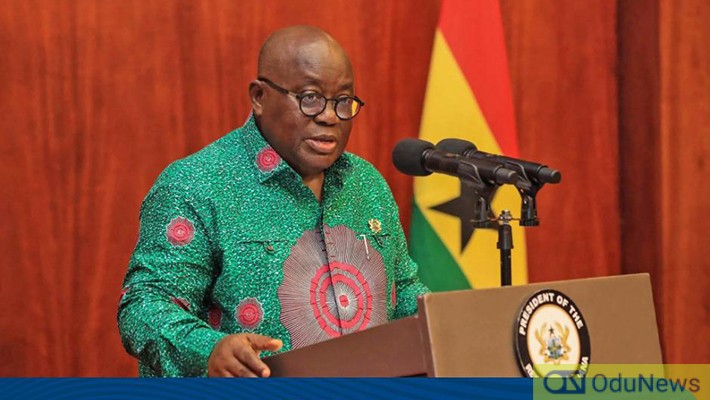Ghana’s Central Bank has increased its interest rate by 300 basis points to 22 per cent, the country’s highest since 2002.

The move by the country’s apex bank is to tame soaring inflation and a fast-depreciating local currency.
Please use the sharing tools found via the share button at the top or side of articles. Copying articles to share with others is a breach of FT.com T&Cs and Copyright Policy. Email licensing@ft.com to buy additional rights. Subscribers may share up to 10 or 20 articles per month using the gift article service. More information can be found at https://www.ft.com/tour.
https://www.ft.com/content/1ccade17-5704-4321-9987-b372b0b43396
The rise was announced late on Wednesday after an emergency meeting of the bank’s monetary policy committee. The committee, which usually meets every two months, convened to address the “strong underlying inflationary pressures”, it said in a statement.
The move comes after the central bank unexpectedly held interest rates last month. The bank has bumped benchmark rates by 850bp since November, having previously held them at 13.5 per cent since 2015.
Central banks across emerging markets are making big rate rises to tackle falls in their currencies against the dollar, which has risen in value on the back of the US Federal Reserve’s interest rate increases. Many commodities are priced in dollars on global markets, exacerbating the impact of soaring prices for food and energy on countries that have seen their currencies depreciate sharply.
The National Bank of Hungary raised one of its main interest rates by 200bp last month to tackle the forint’s fall. The South African Reserve Bank made its biggest rate rise for almost 20 years in July, increasing borrowing costs by 75bp to 5.5 per cent.
Some emerging market central banks, such as those in Brazil and Mexico, started raising rates last year in anticipation of monetary tightening by the Fed. Those moves helped to prevent attacks on their currencies and temper price pressures, according to Agustín Carstens, general manager of the Bank for International Settlements, the so-called central bankers’ bank.
Economies in Africa had only begun to recover from the shock of Covid-19 when Russia’s full-scale invasion of Ukraine jeopardised their progress, according to the IMF’s most recent growth forecast for sub-Saharan Africa. Growth is expected to weaken in the region this year.
“Surging oil and food prices are straining the external and fiscal balances of commodity-importing countries and have increased food security concerns in the region,” the IMF said.


Comments are closed.